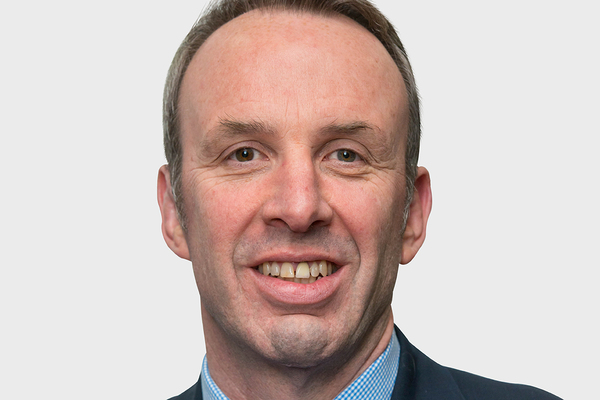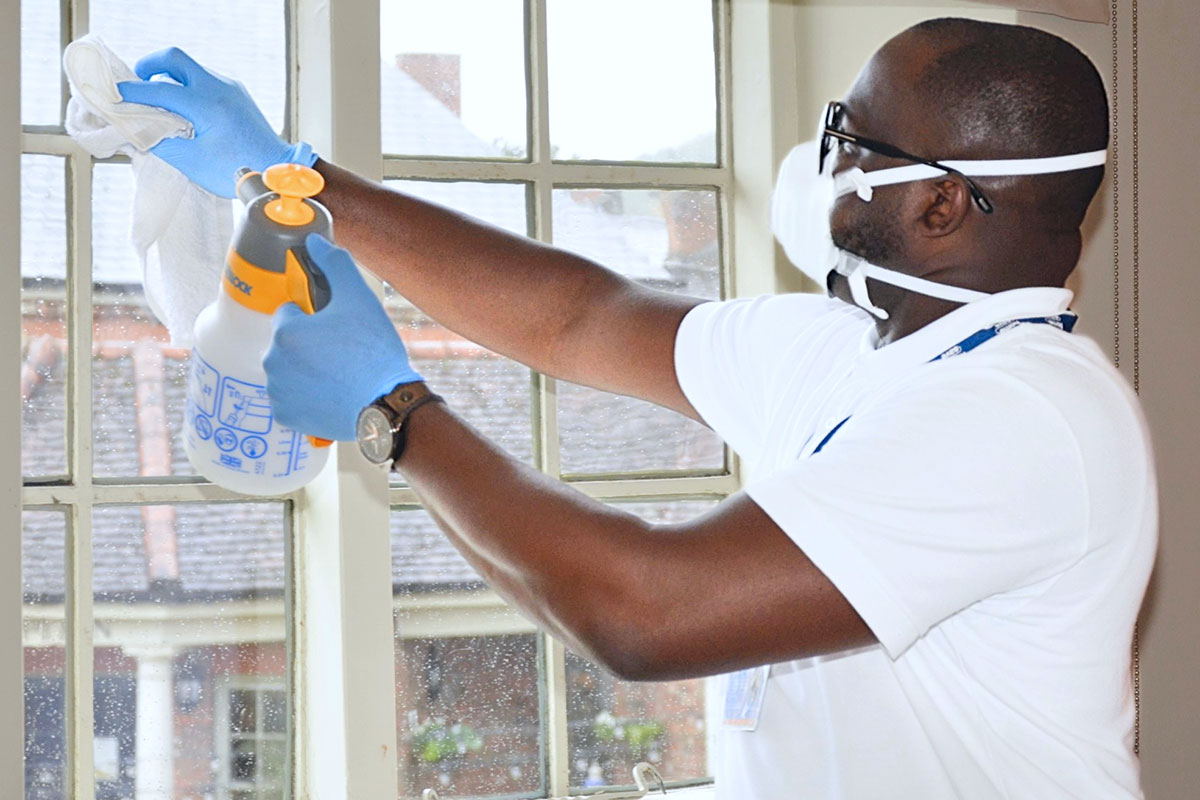Funding for the future
Iain Bevan, commercial manager for heating and renewables, Daikin UK, writes about the challenge of using cleaner energy for heating
Article written by:

It is 2018: more and more people are talking about health and well-being, sustainability, and having the smallest possible impact on the environment. It’s not just a trend, it’s a way of life, and it’s becoming more and more essential to adopt. We are recycling more and cutting out single-use plastics to try to reduce the impact on our oceans. Hybrid and electric cars are becoming more common on the roads, overtaking fuel-guzzling urban tractors. We are saving energy at home with smart meters and thermostats. Increased awareness of renewable energy means we are heading in the right direction for a cleaner and more sustainable future.
The Clean Growth Strategy, published in October 2017, outlined the government’s plan to significantly reduce the UK’s carbon footprint while continuing to nurture and develop our economy and industries. As Greg Clark, the secretary of state for business, energy and industrial strategy, explained, “Our modern industrial strategy is about increasing the earning power of people in every part of the country. We need to do that while not just protecting, but improving the environment on which our economic success depends. In short, we need higher growth with lower carbon emissions.”
But how can this be achieved in a country that relies mostly on gas for heating and hot water, where there is limited knowledge about domestic renewable solutions in the consumer market, and where it is sometimes difficult to secure upfront capital investment for large housing projects?
The government is helping to reduce the burden of upfront costs by providing up to £20m to support a new clean technology, early-stage investment fund. We have seen several financial incentives introduced to help individuals and organisations consider using cleaner energy for heating and hot water in domestic properties.
Daikin is committed to giving social housing providers the tools required to successfully attain upfront funding for renewable heat technology. As well as guiding organisations through the process of achieving funding, Daikin provides training and advice for installation and, crucially, ensures residents are equipped with the knowledge to get the most out of their brand new heating systems, which can reduce their fuel bills and carbon footprints.
In the case studies on page 20, there are examples of how heat pumps have been implemented in new housing projects across the country, in areas on and off the grid, proving the suitability of heat pumps for not only housing providers but residents.
Of course, there is no ‘one size fits all’ solution for offering cleaner, greener heating solutions in UK homes. Why should there be? There are many variables to take into consideration, such as whether a building is on or off the grid or if residents can adapt their habits to operating a new and different system. Factors such as these can all affect whether a scheme can be successfully rolled out.
However, Daikin has the experience and knowledge to guide housing providers through the process of funding and installing heat pumps, giving everyone involved peace of mind that collectively, we are doing everything we can to reduce carbon emissions and create a more sustainable way of life for the future.








